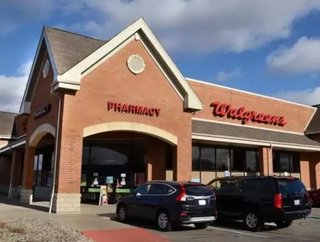Walgreens has purchased Rite Aid; but will it change the healthcare industry?

In an agreement that will continue to shakeup the rapidly changing healthcare industry, The U.S.-based drug retail chain Walgreens has agreed to purchase rival Rite Aid and its 4,600 locations for $9.4 billion.
The merging of the largest and third-largest drugstore operators in the U.S. comes at a time when pharmacies are struggling with the transforming healthcare industry, as retailers continue to search for bargaining power against companies offering clinical services.
RELATED TOPIC: How Pharma Supply Chains Need to Change for the Future
In addition, the agreement is transpiring less than a year after Walgreens completed its purchase of European health and beauty retailer Alliance Boots, which operates the largest drugstore chain in the UK. The partnership created Walgreens Boots Alliance Inc., which runs over 13,000 stores in 11 countries.
Although Rite Aid will keep its name for the time being, the combination of purchasing power and cost cutting will help Walgreens save over $1 billion in synergies. The deal will give Walgreens almost three times the number of pharmacies as Wal-Mart, and over 60 percent more outlets than rival CVS.
RELATED TOPIC: Walgreens completes acquisition of regional drugstore chain
However, with 15 percent of medical prescriptions in the U.S. being filled through mail rather than retail counters, Walgreens still won’t have the top spot in distributing prescription drugs despite having more stores than any other chain.
Meanwhile, CVS controls about 58 percent of the industry’s $263 billion of annual revenue, and $10.3 billion of profit. CVS acquired Target’s pharmacy business earlier this year for $1.9 billion with intentions of transforming over 1,600 locations into CVS pharmacies.
RELATED TOPIC: How hospitals are integrating Obamacare to reduce costs
The increasing amount of merger deals between drug companies, hospital chains and health insurers has reached $427 billion this year alone, which is largely due to the new healthcare outlook created by U.S. President Barack Obama’s Affordable Care Act.
In recent years, the pharmacy industry has been unable to use acquisitions to subdue the pressure on profit from lower reimbursement rates from both the federal government and health insurers.
Click here to read the latest edition of Healthcare Global magazine!








